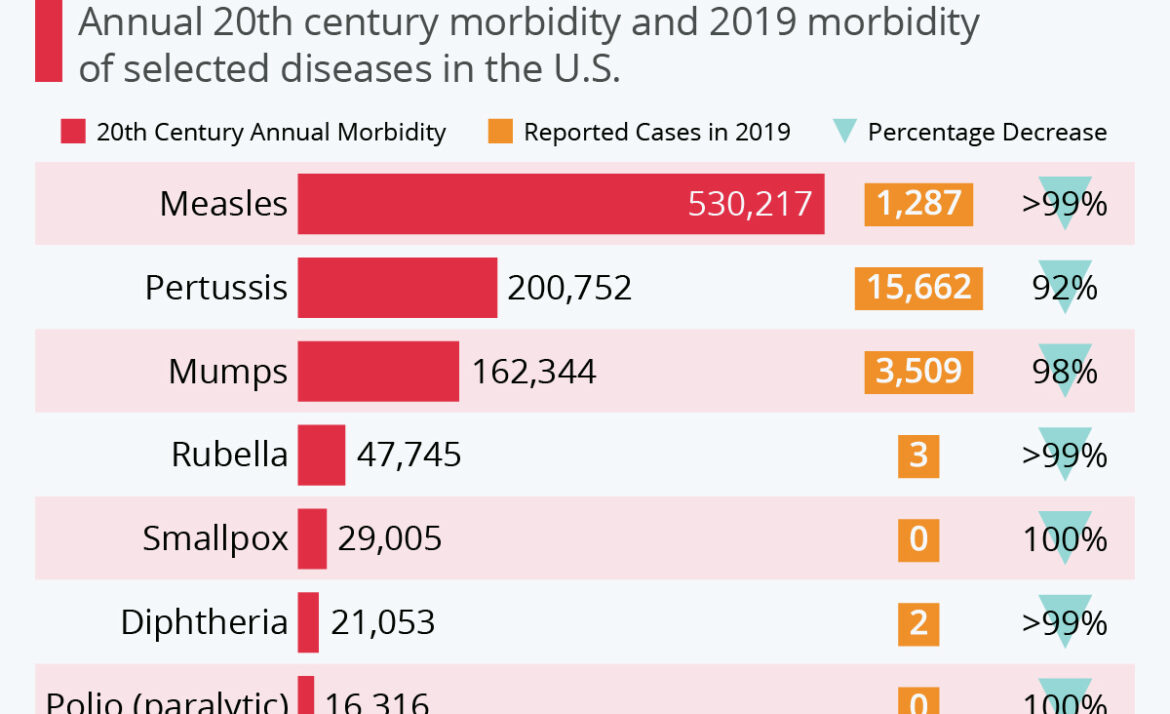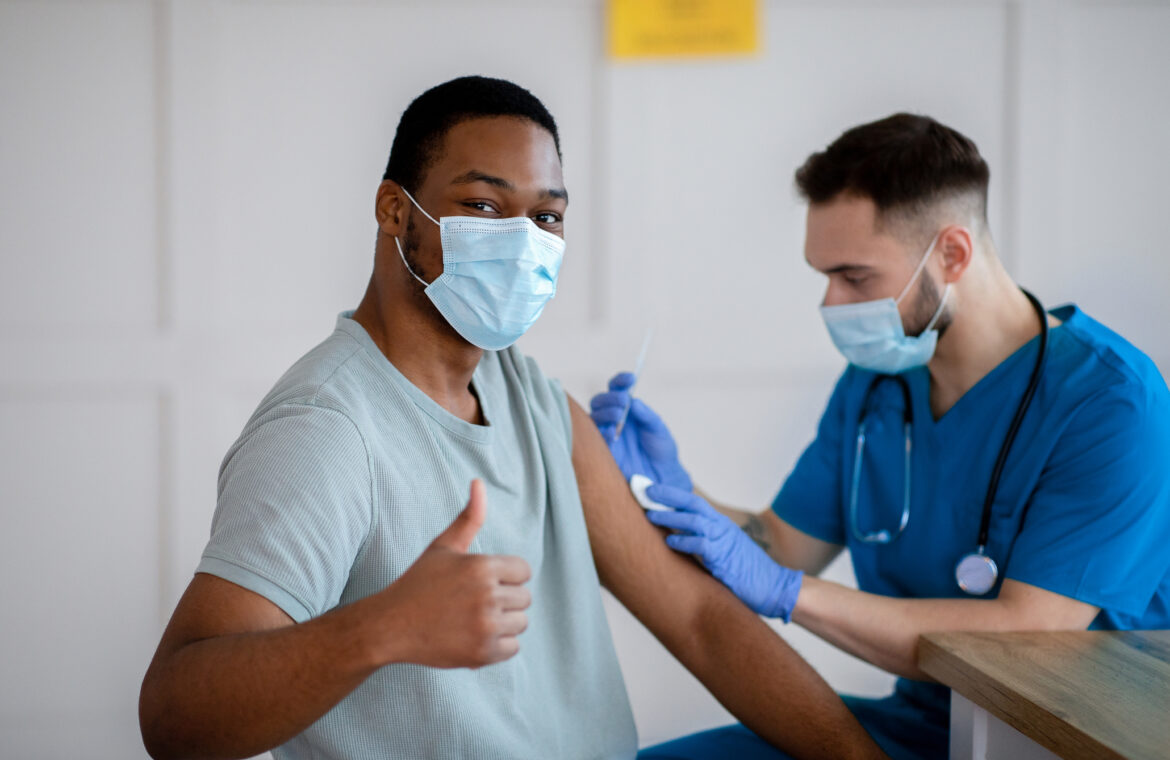Vaccines play an important role in protecting your health and the health of your family and community. They are one of our best defenses and have saved millions of lives. Once you get vaccinated the less likely it is you will get sick. It also means you are less likely to get others sick. The more people who are vaccinated, the fewer opportunities there are for infection to spread.
How do vaccines work and why should I get them?
Vaccines work by introducing antigens—which are toxins or other foreign bodies from viruses or bacteria—into the body. This helps train the body to recognize the antigens as foreign invaders and to go on full immune defense, producing antibodies to combat the foreign invader.
Once a person is vaccinated, usually within a few weeks after vaccination, the body is quickly able to recognize the infectious disease, whether it’s flu, COVID, or a vaccine-preventable childhood disease, and quickly fight off the offending bacteria or virus.
Because we have become accustomed to a certain level of health in the United States, it’s easy to fall into a way of thinking that certain infectious diseases aren’t so serious. Thanks to widespread vaccination, certain diseases are rarely as crippling, debilitating, or life-threatening as they once were. These include:
- Polio
- Measles
- Mumps
- Chickenpox
- Flu

While every person may react differently to receiving a vaccine, and it is valid to have concerns about the side effects of vaccines and medications, there is far more evidence showing the benefits of vaccination, to individual, family, community, and global well-being.
Why should I get a flu vaccine?
You should get the flu vaccine every year because the vaccine is updated annually to defend against the frequently changing virus. Also, because your immunity decreases over the year.
Although getting vaccinated for flu may not entirely prevent you from getting the flu, it will keep you from getting sicker. Even partial immunity helps. Without vaccination, your body will have to work a lot harder if you do get sick.
Plus, you’re much more likely to be a spreader of the flu virus, including spreading to older adults and others who are immunocompromised.
The importance of vaccines for COVID
One of the main reasons to get vaccinated for COVID is to slow the spread of coronavirus. It’s also to minimize your own as well as the risk to others of getting severely ill.
The logic of “herd immunity” is no longer relevant. (Herd immunity is based on the idea that once enough people are vaccinated, the rest of the population can remain unvaccinated.) This is because we continue to see new variants of the coronavirus, like the Omicron and Delta variants, which are an ongoing threat to vaccinated as well as unvaccinated people.
Herd immunity now requires the entire herd—that means every one of us who is eligible for vaccination—gets vaccinated.
Need to schedule a vaccination?
Routine vaccinations can be done through your primary care provider. We’re here for you. Give us a call at (941) 268-4526.
#getvaccinated #vaccines #covidvaccine #fluvaccine #whyvaccinate #vaccination

